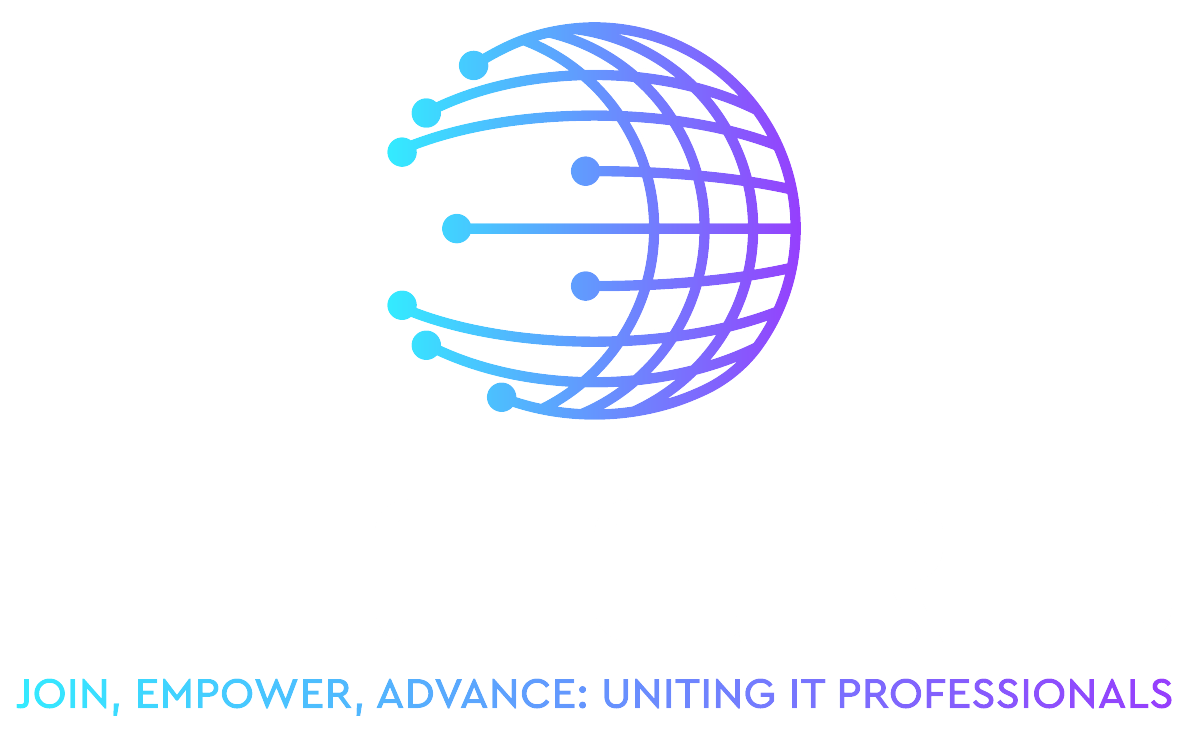Mentorship FAQ
1. Who
can become a mentor in the program? Anyone with experience and knowledge in IT, whether
it’s technical skills in fields like cybersecurity, cloud computing, and
software development or soft skills such as leadership, communication, and team
management. If you have a passion for sharing your expertise and guiding
others, you’re eligible to be a mentor.
2. What
are the responsibilities of a mentor? Mentors are expected to guide their mentees through
their learning and professional development journey. This involves sharing
knowledge, providing feedback, helping mentees set and achieve goals, and
offering advice based on personal experience. Mentors should also encourage the
development of both technical and soft skills, depending on the mentee’s needs.
3. How
are mentor-mentee matches made? Matches are made based on shared interests,
professional goals, and the specific needs of the mentee. We consider the
expertise and skill set of the mentor and align them with what the mentee seeks
to learn or improve upon, ensuring a mutually beneficial relationship.
4. How
much time commitment is required from mentors? The time commitment can vary
based on the mentor’s availability and the agreed-upon schedule with the
mentee. However, we generally recommend a minimum commitment of a few hours per
month to ensure a consistent and meaningful mentoring relationship.
5. Are
there any resources available to mentors? Yes, we provide mentors with access to
educational resources, training materials on effective mentoring, and tools to
facilitate communication with mentees. These resources are designed to support
mentors in their role and enhance the mentoring experience. Check them out here.
6. Can
mentoring help improve my own skills? Absolutely. Mentoring not only benefits the mentee but
also allows mentors to refine their leadership and communication skills, gain
new perspectives, and stay updated on industry trends. It’s a rewarding
experience that fosters personal and professional growth.
7. Is there any certification or recognition for mentors? Mentors who consistently receive positive feedback and contribute significantly to their mentees’ development can earn the “GRID Certified Mentor” status. This certification recognizes their outstanding leadership skills and commitment to mentoring, which can be added to resumes and professional profiles.
8. How can I apply to become a mentor? Interested professionals can apply through our website by filling out a mentor application form. The form asks for information on your professional background, areas of expertise, and why you’re interested in becoming a mentor.
9. What
happens if I face challenges with my mentee? We encourage open communication between mentors
and mentees to resolve any issues. However, if challenges persist, our program
coordinators are available to provide support, mediate discussions, and offer
solutions to ensure a positive mentoring relationship.
10. Are
mentors compensated for their time? While the mentorship program is voluntary and mentors
are not financially compensated, the program offers numerous non-monetary
benefits, including professional development, networking opportunities, and the
intrinsic reward of contributing to someone else’s growth and success in the IT
field.

